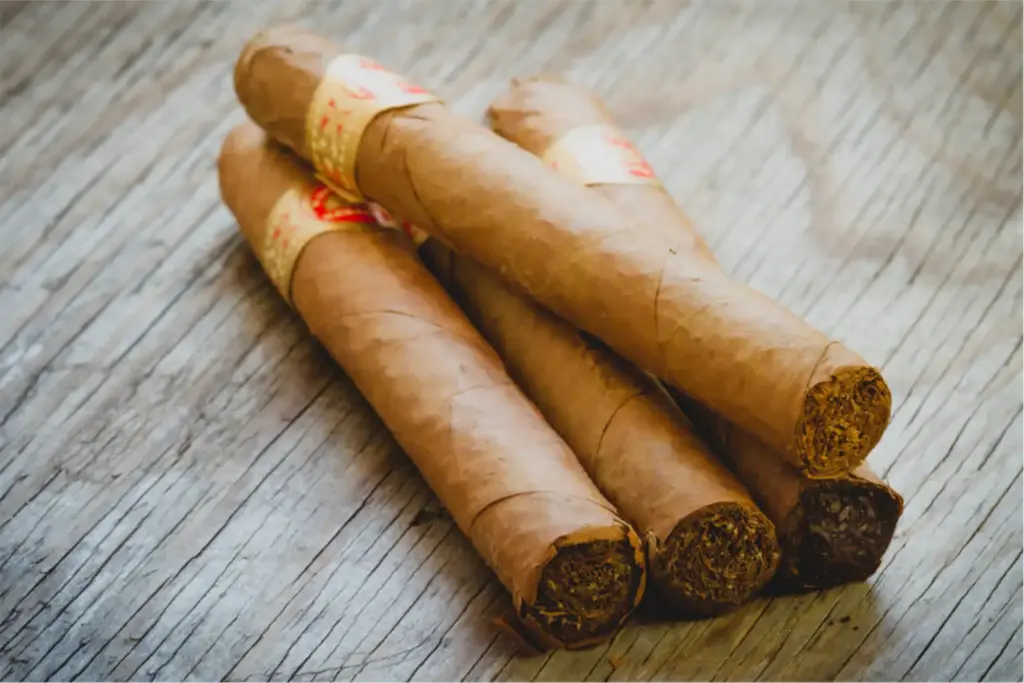
GST cut on beedis: Health experts have expressed concern about the Indian government’s decision to reduce the Goods and Services Tax (GST) on beedis from 28% to 18%, while other tobacco products continue to be subject to the highest 40% slab. They warn the decision could make beedis more affordable, drive up consumption among low-income groups and undermine years of tobacco-control gains.
Beedis are India’s most widely smoked tobacco product, used by more than 70 million adults, according to the Global Adult Tobacco Survey (2016–17). Public-health specialists say any price drop will almost certainly translate into higher uptake and continued use, particularly among vulnerable communities that are more sensitive to price changes.
Also Read | Lung cancer without smoking? Here’s what could be causing it
“This is a harmful product overwhelmingly consumed by the poor,” said Vishal Rao, oncologist and recipient of the Judy Wilenfield Award for Global Tobacco Control by WHO partners. “Lowering the tax will make beedis cheaper and more accessible, increasing the risk of cancers and other diseases. It effectively ‘subsidises’ death for the most vulnerable.”
Calling the move “detrimental to public health,” Dr Rao argued that uniformly high taxation across all tobacco products is essential to deter consumption.
Echoing the concern, Dr Uma Kumar, Head of Rheumatology at AIIMS, New Delhi, said there is clear evidence that higher taxes curb tobacco use by reducing affordability. “Beedis are no less harmful than cigarettes or smokeless tobacco. Their toxicity is well documented, and consumption leads to life-threatening illnesses, cancers, respiratory disease and heart conditions,” she said.
Detailing the health risks, Dr Pragya Shukla, Head of Clinical Oncology at Delhi State Cancer Institute, noted that beedis deliver high levels of tar, nicotine and carbon monoxide. “They drive serious conditions, including oral, lung and bladder cancers, cervical cancer, chronic respiratory diseases and cardiovascular problems,” she said.
India is an early signatory to the WHO Framework Convention on Tobacco Control, which recognises taxation as a cornerstone of tobacco control. Global evidence indicates that a 10% price increase can reduce tobacco consumption by 4–8% in low- and middle-income countries, especially among youth and lower-income groups. The WHO also recommends that taxes account for at least 75% of the retail price of tobacco products.








